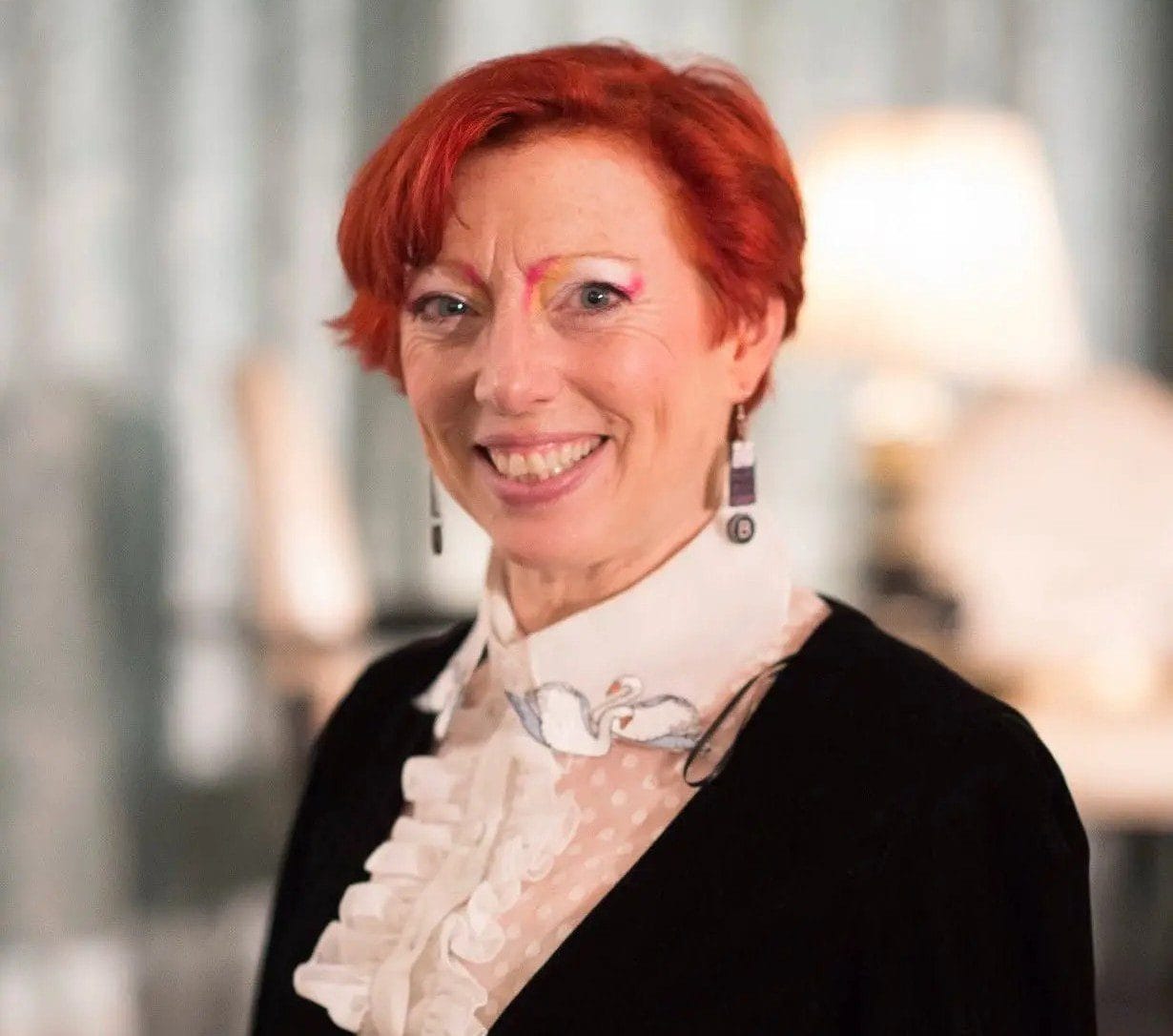In a world where mental health has become one of the central topics of public discourse, new forms of psychological support are constantly emerging. One of the most unusual — and at the same time fashionable — is bibliotherapy, or healing through literature. At the forefront of this trend is British woman Ella Berthoud, who claims she can alleviate not only emotional distress but even physical ailments with the help of novels. A single session with her costs £100, and that hasn’t stopped a steady stream of clients.
A Literary Prescription Instead of Pills
Ella Berthoud calls herself a bibliotherapist, and she has been practicing this unconventional method for over a decade. In 2013, together with author Susan Elderkin, she published The Novel Cure, a kind of literary guidebook for emotional and physical wellness, which became a bestseller. The book is now available in German under the title Die Romantherapie. It offers reading recommendations for all kinds of ailments — from hay fever to identity crises.
Among her recommendations:
- For toothache — Anna Karenina by Leo Tolstoy, since Count Vronsky, one of the main characters, suffers from toothache too.
- For hay fever — 20,000 Leagues Under the Sea by Jules Verne, presumably because there’s no pollen underwater.
- For feeling too short — The Tin Drum by Günter Grass.
- For gluttony — The Bakery Attack by Haruki Murakami.
- For identity issues — The Metamorphosis by Franz Kafka.
- For hemorrhoids — Wetlands by Charlotte Roche.
The German edition of the book includes additional titles tailored to the local market and cultural context.
Between Joke and Therapy
It might all sound like a joke, but the hype is real. BBC recently aired a special segment on the possibilities of bibliotherapy. Meanwhile, the German newspaper Die Welt published an interview with another practicing bibliotherapist, Irmgard von Richthofen, who recommends fairy tales by the Brothers Grimm to her clients. For bullying, for instance, she prescribes The Goose Girl.
Some German clinics are already using literature as a complementary therapeutic method. Critics might call it a placebo, but its supporters highlight its emotional benefits. The medical journal The Lancet has published hopeful articles on the topic — though, as noted, solid empirical evidence is still lacking.
Still, the idea fits neatly into the culture of modern therapeutic life. As NZZ puts it, we live in a society where urban walkers use ski poles because walking no longer feels like a natural activity but rather a health method. Bibliotherapy functions in a similar way. Reading is inherently good and makes us feel better, which is perhaps why the trend resonates so strongly.
A Literary Placebo?
The philosopher John Stuart Mill once wrote in his autobiography that reading William Wordsworth’s poetry helped him recover from depression. But can a novel really help with hemorrhoids? That remains as uncertain as Ella Berthoud’s suggestion to read Franz Kafka’s The Trial when dealing with bureaucracy anxiety — a recommendation that, for some, might trigger more dread than relief.
From Satire to Serious Practice
The term bibliotherapy was not born in a lab or clinic, but in a satirical essay by American writer and politician Samuel McChord Crothers over a hundred years ago. His piece A Literary Clinic imagines a fictional institute where stressed businessmen are treated for everything from depression to unemployment using classic literature. Crothers humorously asks whether books could act like medicine.
Today, science remains skeptical. A recent study by psychologist Giulia Poerio from the University of Essex found that there’s no significant difference in emotional benefit between reading fiction and nonfiction. And it’s still unclear whether reading improves one’s condition — or whether those who already feel better are simply more inclined to read.
And yet, as NZZ notes, world literature is not a medicine catalog, but it can still be a source of comfort, insight, and meaning — especially in an age when the human soul demands ever more care. And if someone is willing to pay for a literary “prescription,” why not?
The longer we live, the longer we read.
Or maybe it’s the other way around.
This article was prepared based on materials published by Neue Zürcher Zeitung. The author does not claim authorship of the original text but presents their interpretation of the content for informational purposes.
The original article can be found at the following link: Neue Zürcher Zeitung.
All rights to the original text belong to Neue Zürcher Zeitung.


















